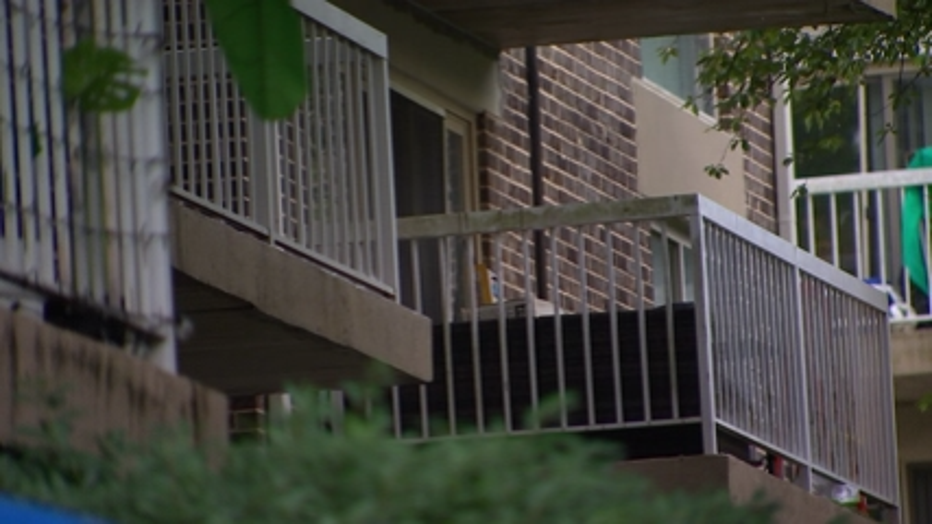New law caps how much landlords can raise rents in Prince George's County

Rent hikes capped! Prince George's landlords hit with new limits
Starting this week, most landlords have to limit how much they can raise rents in Prince George's County, thanks to a new law that just went into effect.
COLLEGE PARK, Md. - Starting this week, most landlords have to limit how much they can raise rents in Prince George's County, thanks to a new law that just went into effect.
County leaders say the goal is to address the challenges of unaffordable housing.
Council Chair Jolene Ivey gave the example of a woman in Bladensburg who paid her rent on time for 30 years - then had it raised 100 percent.
"The average person was not experiencing increases like that but for the handful of landlords who were amoral - really, that's an immoral act. You cannot raise somebody's rent that much," Ivey said.
Ivey said it was stories like that, that made them act and pass the Permanent Rent Stabilization and Protection Act.
The law caps rent hikes at six percent each year - or the consumer price index plus three percent, whichever is lower.
For people in senior housing, the cap is 4.5 percent.
There are quite a few exceptions to the new law though.
For example, it doesn't apply to units constructed after January 1, 2000; certain condos; and owner-occupied duplexes, to name a few.
During the pandemic, Prince George's County temporarily capped rent increases at three percent.
"Just think how much prices have been going up - they've been going up a lot more than three percent and not just on you and me, but on the landlords. So they were really struggling. They needed to be able to raise their rents more than three percent, and I'm sure some of them would like to do it by more than six percent - but no more than six percent seems to be the balance that makes it, so people can afford to live but makes it also possible for landlords to afford to stay in business," Ivey said.
Some worry rent stabilization may make the issue of rising rental costs even worse by discouraging the creation of more housing and thus, more competition.
Roger Winston is a longtime attorney and partner at Ballard Spahr LLP who represents developers, builders, and investors in the DMV.
"The intent of rent control is to make rent more affordable but it has the opposite effect," Winston said. "Because it discourages new housing construction and development. It is a short-term fix that makes people think you're helping them, but it doesn't."

The Apartment and Office Building Association of Metropolitan Washington, which calls itself the voice of the commercial and residential real estate industry in the area, says rent control is going to severely impact their members.
The AOBA sent the following statement to Fox 5:
"Rent stabilization is going to cost our members millions in revenue that is sorely needed to cover skyrocketing operating expenses, which will result in deferred maintenance and divestment from the County. 58 percent of the County's rental housing is at least 44 years old and therefore requires higher levels of maintenance. Regulating rents for these buildings will accelerate their decline in quality and severely limit their ability to be redeveloped."
Neighboring Montgomery County passed a similar rent stabilization law that went into effect this summer.

